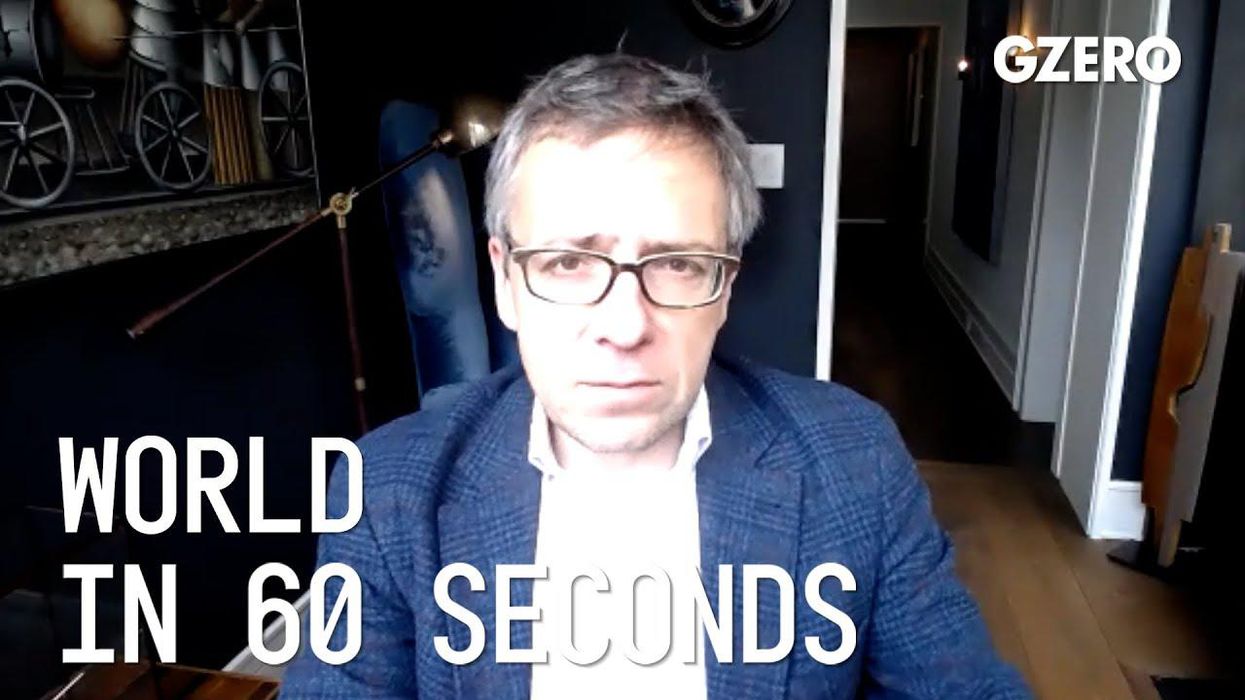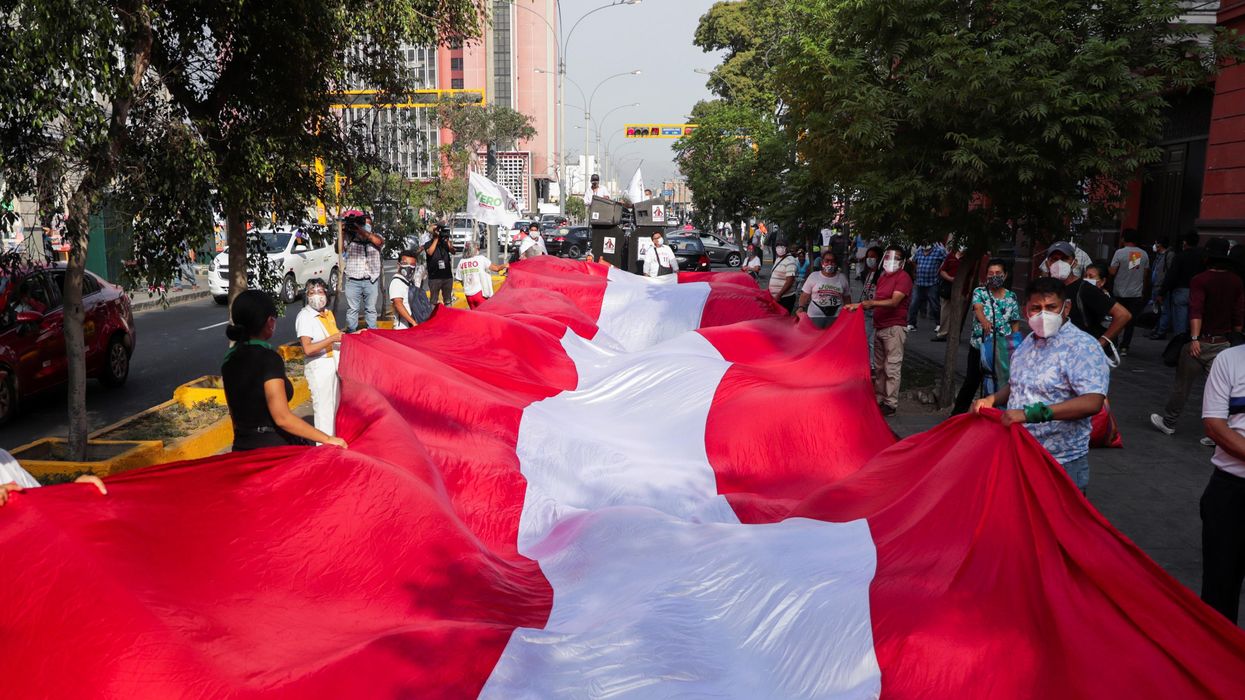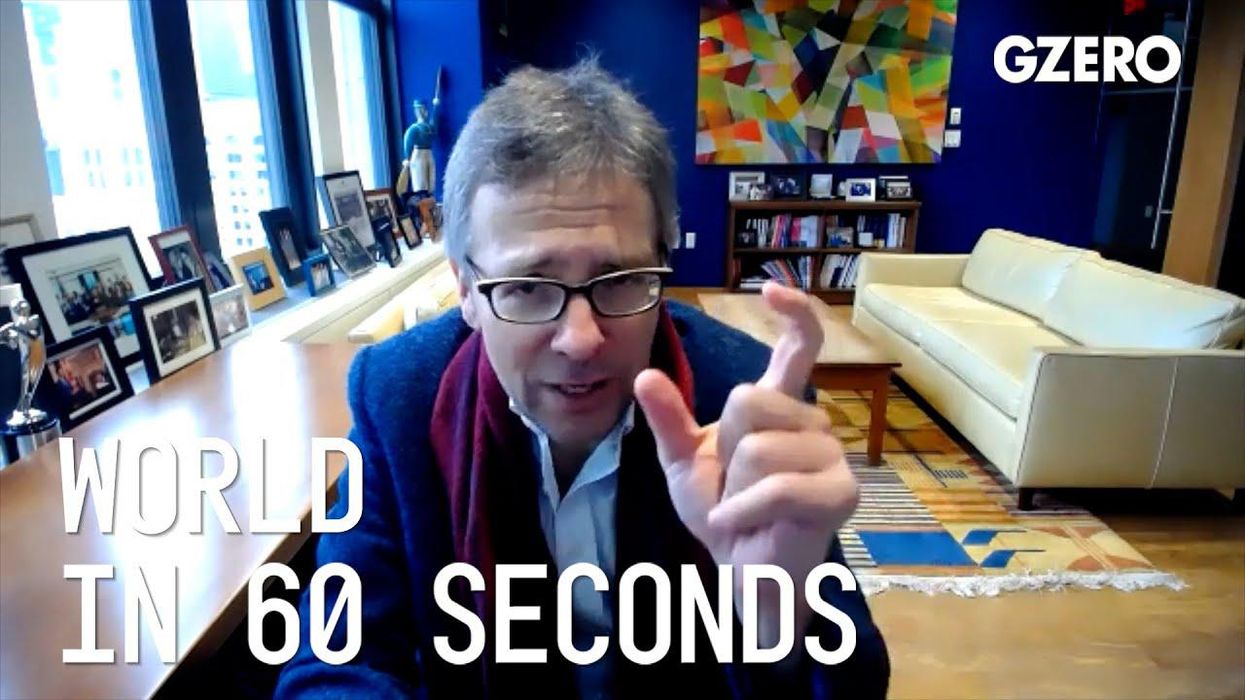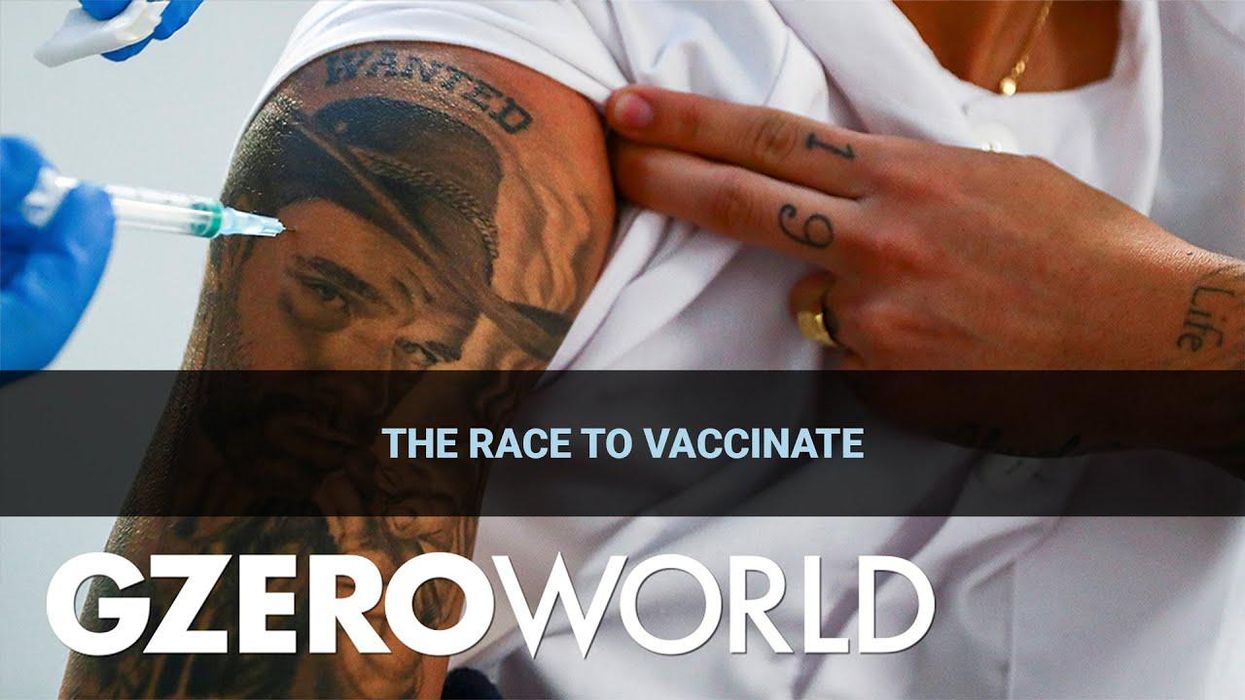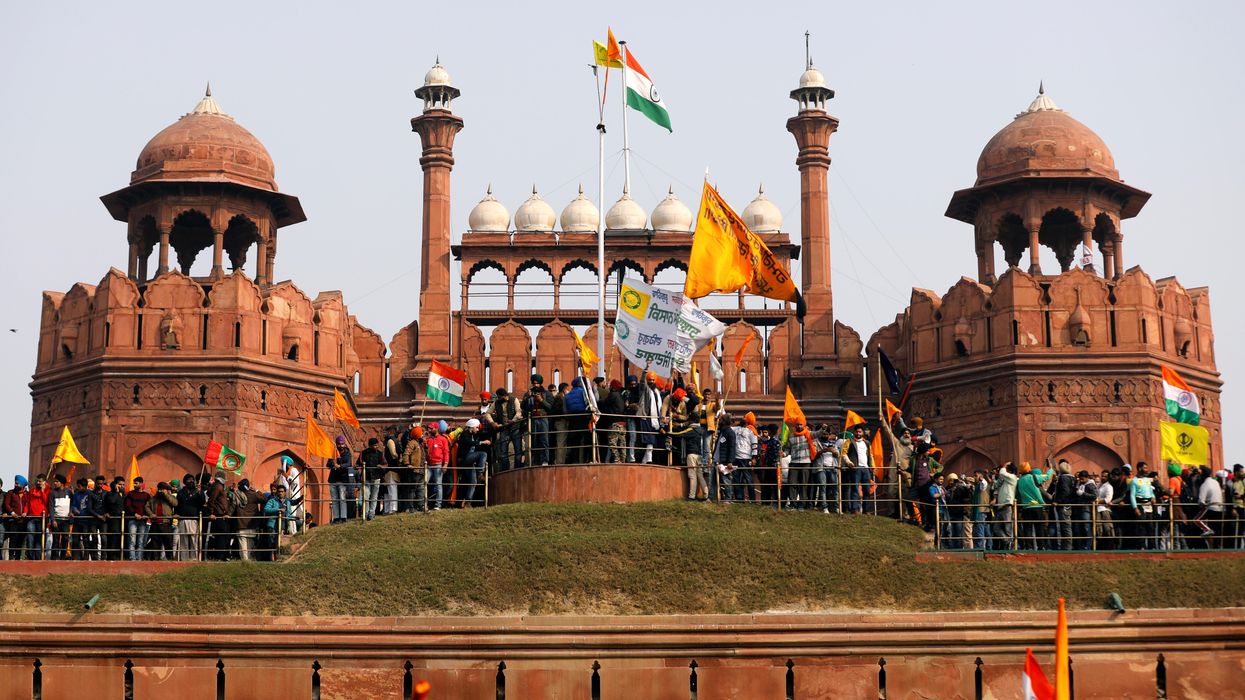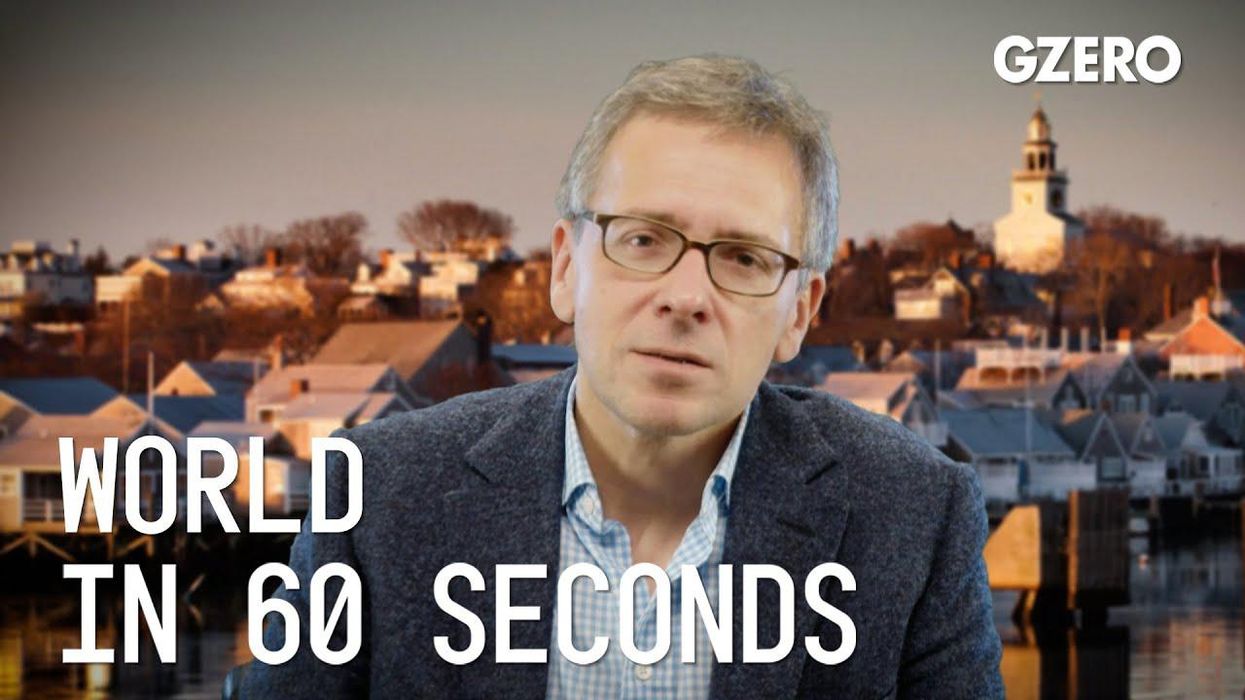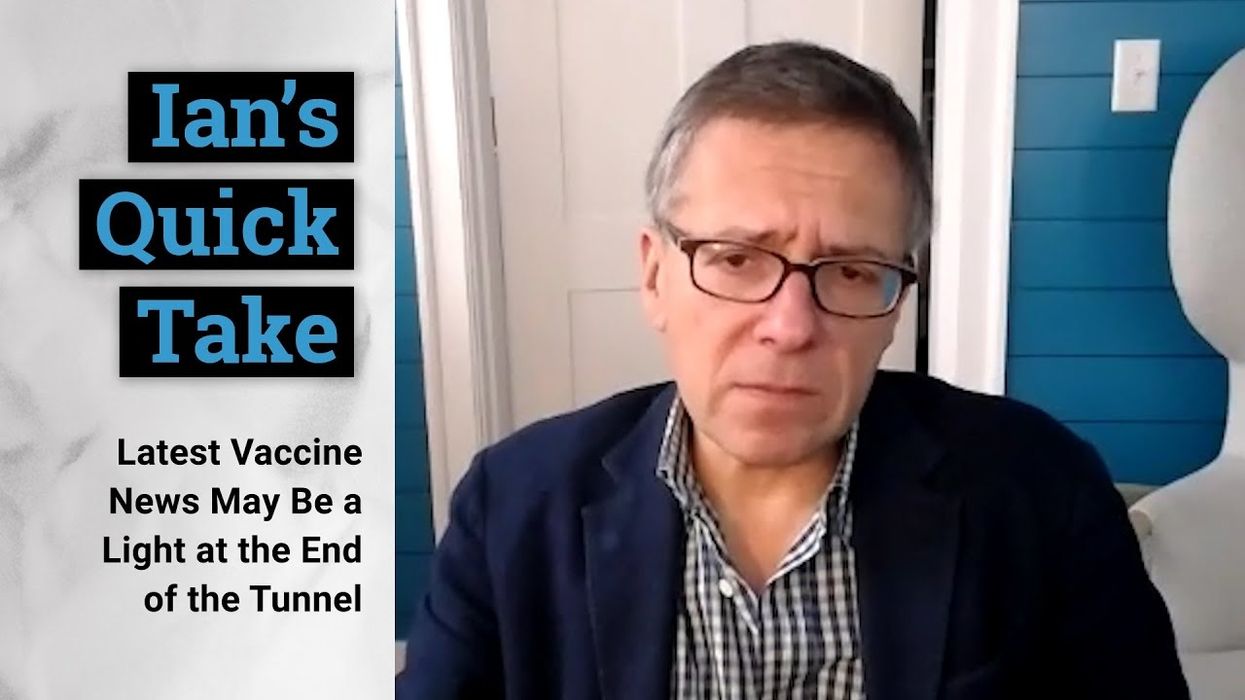ask ian
US donates vaccines to India; Macron v Le Pen; EU tourism
Ian Bremmer answers questions on global politics on World In 60 Seconds (or, during the pandemic, 180 Seconds) and discusses US vaccine donations in response to the coronavirus crisis in India, the rise of the right in France, and the EU opening borders to vaccinated American tourists.
Apr 27, 2021
